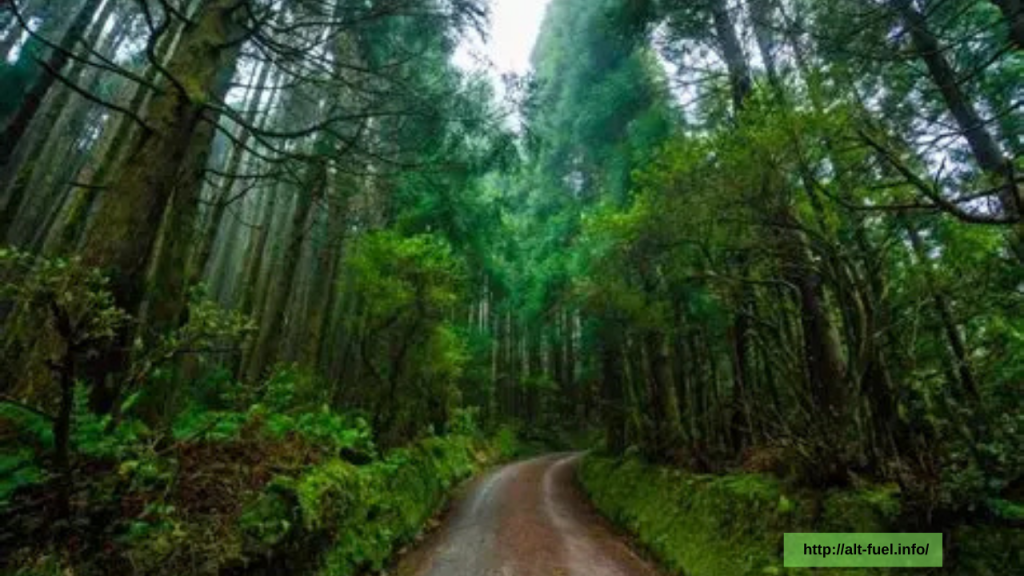
Just as addiction in human life can take away health, stability, and hope, North America’s dependence on oil is stripping nature of its vitality. Our forests, rivers, oceans, and wildlife are paying the price for an energy habit that has gone unchecked for generations. Like the cycle of substance use, oil addiction is not only about immediate consumption but about long-term damage that touches every part of the ecosystem. Recognizing these consequences is the first step toward recovery—both for people and for the planet.
At alt-fuel.info, we understand that healing comes from awareness, compassion, and intentional change. The same principles that guide us in addiction recovery can guide us in rethinking our relationship with energy and nature.
Oil Addiction and Its Impact on Ecosystems
Habitat Loss and Fragmentation
Oil extraction often requires drilling, pipeline construction, and road building, all of which fragment habitats and displace wildlife. From caribou herds in Canada to migratory birds along the Gulf Coast, species lose access to food sources and safe breeding grounds. Over time, just as addiction erodes personal connections, oil dependence erodes the interconnected balance of ecosystems.
The Ripple Effect on Species
When one species suffers, the entire food chain feels the impact. Oil spills and contamination kill fish, which in turn affect birds and larger predators that rely on them. This mirrors how addiction affects not only the individual but also their family, community, and environment. Healing requires us to see the bigger picture.
Pollution as a Silent Threat
Air and Water Contamination
The burning of fossil fuels releases pollutants that harm both humans and wildlife. Air pollution contributes to respiratory illness in people while also impacting pollinators and plant life. Oil spills poison rivers and coastlines, causing mass die-offs of fish and marine mammals. Just as untreated trauma lingers in the human body, pollution lingers in soil and water for decades, making full recovery harder over time.
Climate Change and Shifting Habitats
Rising global temperatures, fueled by oil consumption, are altering where species can survive. Polar bears lose sea ice. Salmon struggle in warming streams. Birds shift migration patterns. This climate-driven displacement echoes the disorientation and instability felt by individuals in addiction. Without intervention, entire species risk extinction.
Healing Through Change
Finding Healthier Alternatives
Recovery, whether from addiction or from oil dependence, is about choosing healthier paths. Investing in renewable energy like wind, solar, and geothermal power creates sustainable solutions that protect biodiversity. Supporting clean transportation, reducing personal oil consumption, and advocating for responsible policies are steps each of us can take toward healing.
A Holistic View of Recovery
At alt-fuel.info, we believe that healing is never just about one part of life. Addiction recovery involves body, mind, and spirit. Environmental recovery requires the same holistic view—protecting land, air, water, and the creatures that depend on them. By valuing the well-being of nature, we also safeguard our own mental health, community resilience, and spiritual balance.
Choosing Life Over Destruction
North America’s oil addiction is threatening biodiversity in ways we can no longer ignore. Each lost species, each polluted river, and each degraded forest is a reminder of the cost of staying stuck in harmful patterns. But just as individuals in recovery prove every day, transformation is possible.
If you or someone you love is seeking healing, know that you are not alone. At alt-fuel.info, we are here to walk with you on a path toward recovery that restores health, dignity, and hope. The journey to healing ourselves and healing our planet begins with one choice at a time.
Reach out today. Together, we can choose recovery.